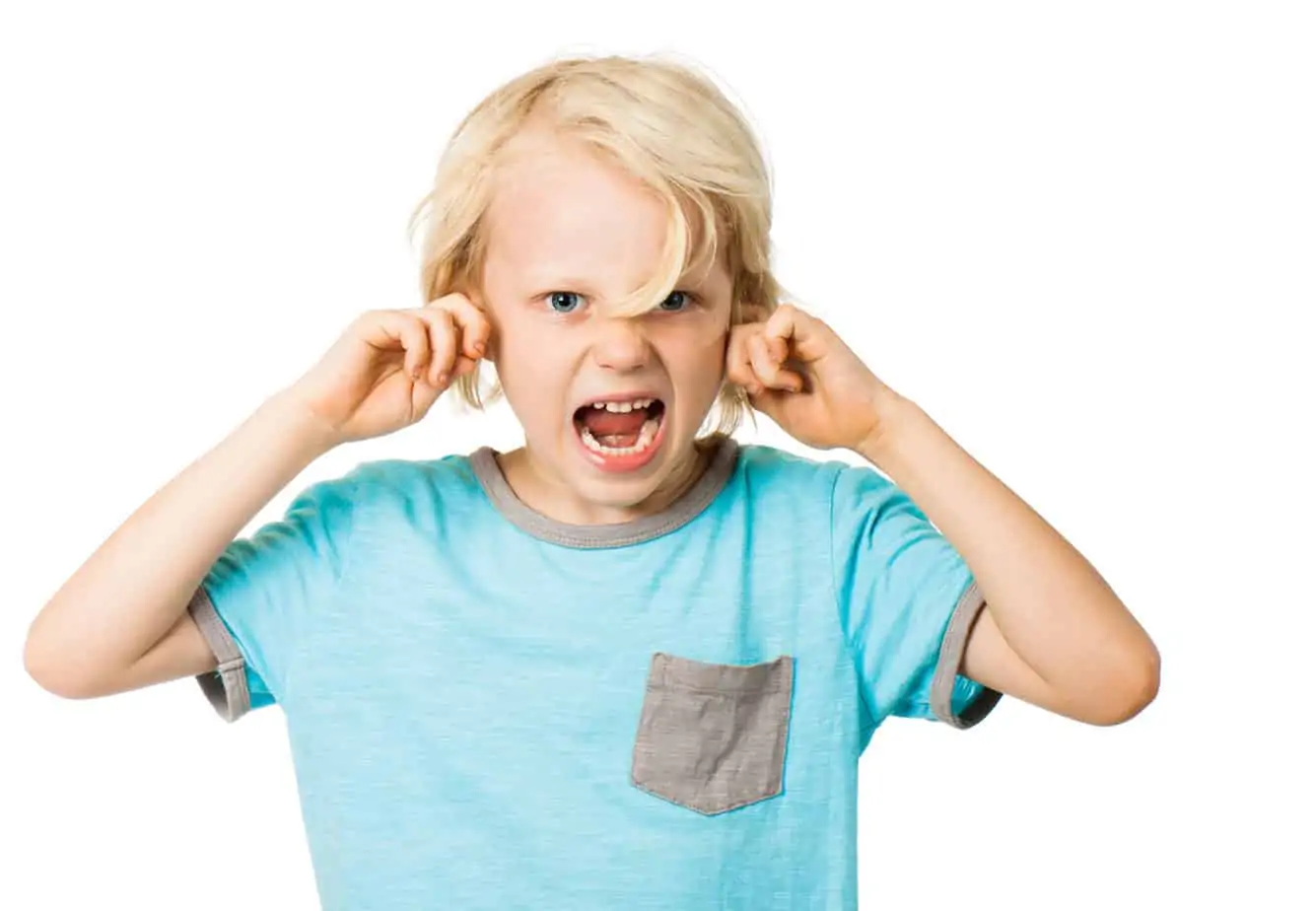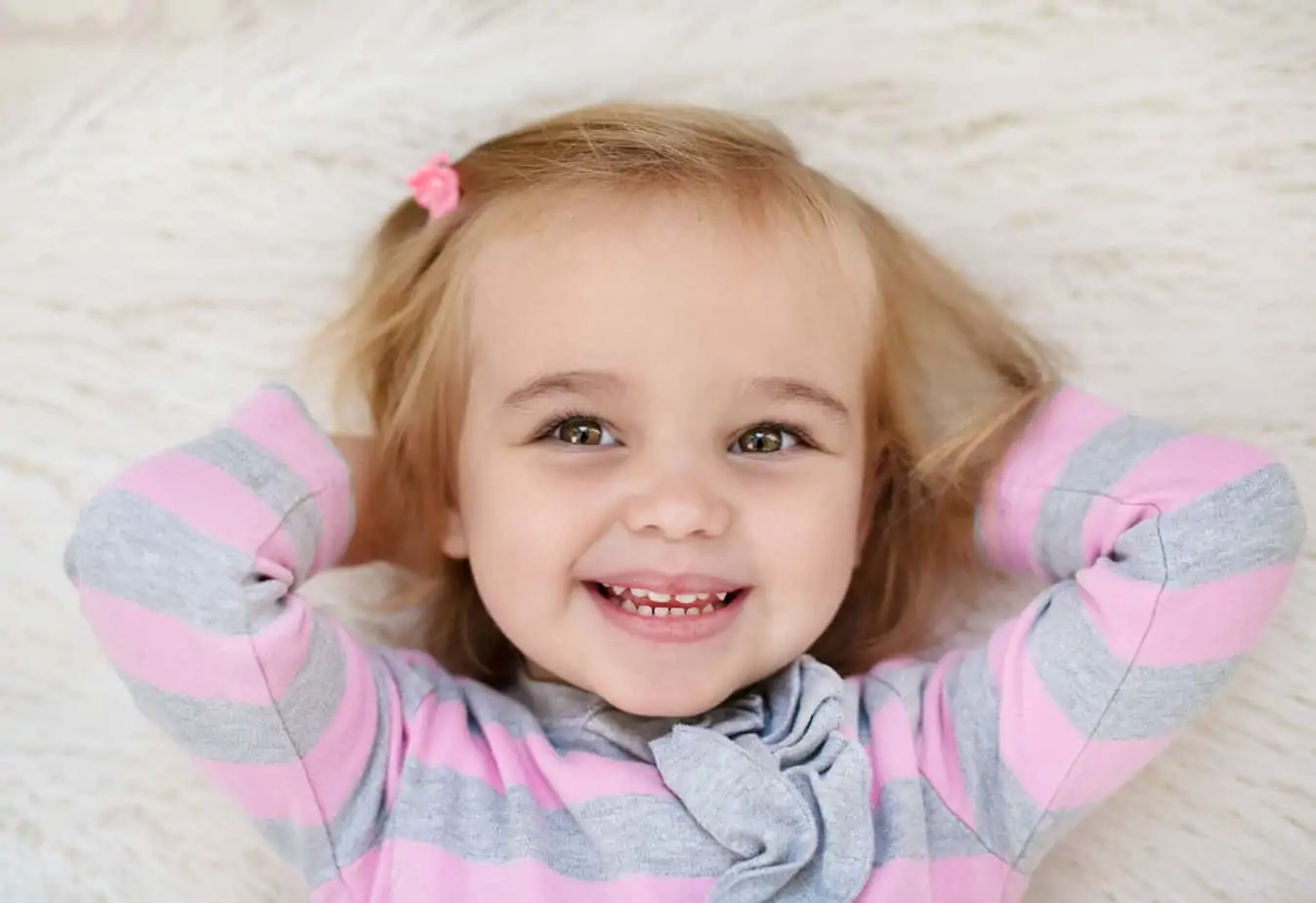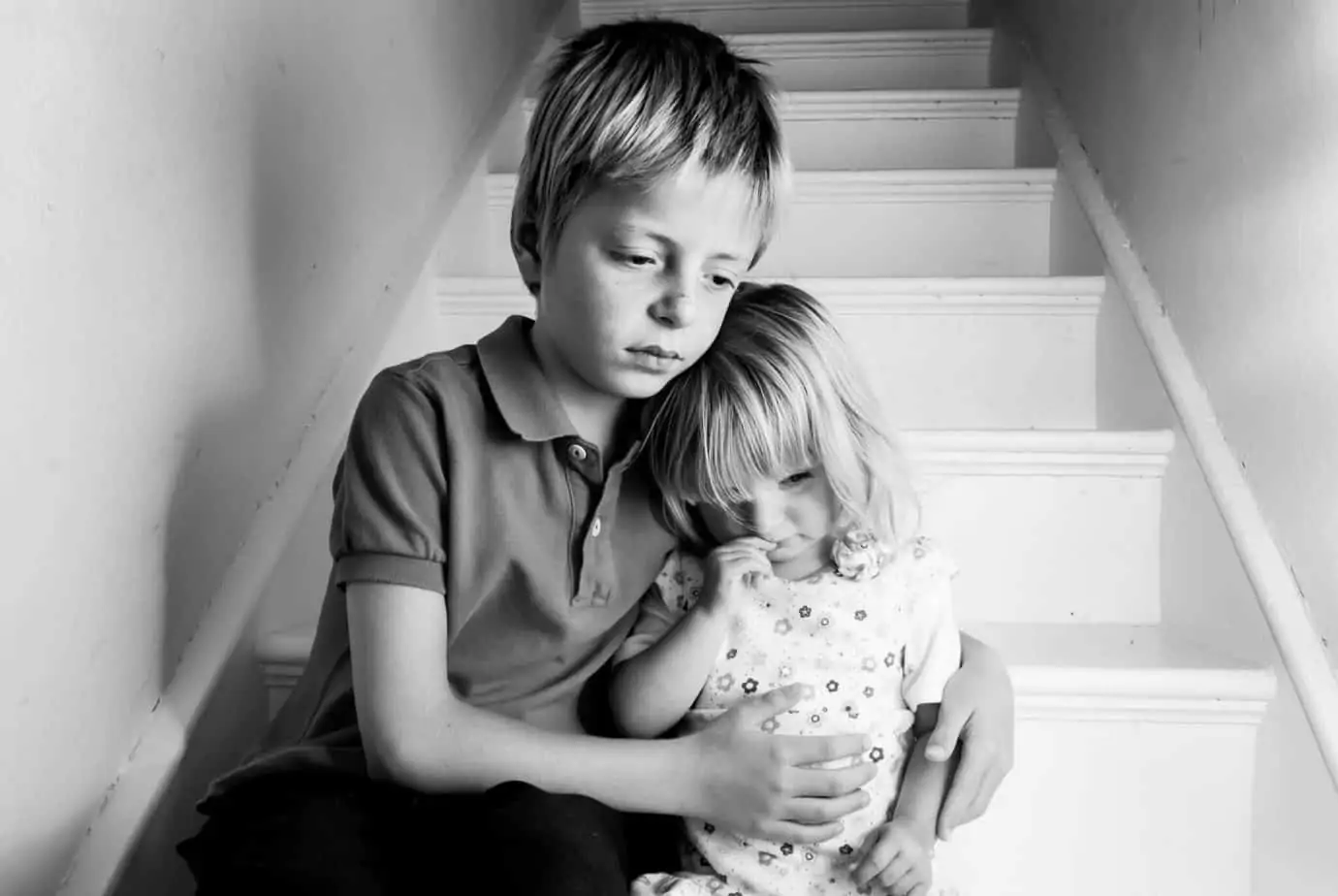Bottled-up emotions can be tough to get out of your kids. As a parent, encourage your child to open up about their feelings with these tips. Be sure to check out all the resources to help kids learn & communicate their emotions clearly and effectively.

How To Help Kids With Bottled-Up & Big Emotions
Have you ever asked your kid about their day, and all they gave you was a shrug? Or, how about a one-word answer? Good. Fine. The older kids get, the less they feel like having these conversations with their parents. Slowly but surely, this lack of expression turns into bottled-up emotions.
It can be difficult to get your kid to talk about anything, even something they’re passionate about, let alone their emotions. You don’t want it to feel like you’re interrogating them, but you want to be in the loop about their overall well-being!
Perhaps you don’t even know what to say at all. Your child comes in looking sad, and you wonder how on earth you’re going to lift their spirits.
Oftentimes, kids want to talk to us, but at some point or other, we unknowingly close that comfort veil with them. We didn’t listen properly, started lecturing them, or dismissed their feelings.
By changing how we speak and listen to our kids, we can get them to open up from these bottled-up emotions. Here’s how!
Take Time to Truly Listen
This may seem simple, but listening is the most important thing you as a parent can do with kids who tend to bottle up their emotions. When your kids do decide to speak, you want to make sure you’re ready to truly listen!
Oftentimes, we want to jump in and give our own thoughts, opinions, and anecdotes while a kid is telling us how they feel. Resist this urge to speak and just listen. You’ll have time to talk when they’re done speaking.
Sometimes silence is uncomfortable. If you think they have more to say, wait it out. Eventually, they will say what they’re thinking aloud. Kids also tend to take longer to verbalize their feelings.
Taking time to just listen to your kids shows that you respect them. They will know you truly care about what they think and how they feel!
Keep Your Calm
How you react to situations will greatly affect the likelihood of a child talking to you about their feelings. Whenever they talk (about anything), keep your cool and stay calm and interested.
When they do express their feelings, look confident. Kids won’t want to talk if they think they will worry you or make you uncomfortable. You can even directly say it! “I’m confident you did your best.”
No matter what they say, don’t take it personally, even if it involves you. By coming to you, it shows that they want to make things better. Never blame them or get defensive about not coming to you sooner.
Avoid saying anything along the lines of “You don’t have to feel this way” or “Don’t let this get to you.” Instead, validate their feelings and tell them that whatever they feel is completely normal.
If you need help with yelling or feeling overwhelmed with parenting and life, these resources can help and have a lot of practical tips.
Avoid Giving Advice
This may go against every instinct you have, but avoid giving advice unless they ask for it.
Just like adults, sometimes kids just need to vent and have a safe place to express their feelings. Kids rarely want advice when they say they’re sad, mad, etc. The best response is to validate their feelings. Tell them it’s okay to feel this way.
If they ask for help, then give it to them. Remember to be gentle and help them come up with a solution on their own. This works on their ability to problem solve!
Once a child is done speaking, you can prompt them to come up with their own solution even if they didn’t ask for advice. This tends to work better than directly giving it to them.
Leading them down the right path rather than giving them a direct ride helps them more than your advice ever could.
Choose the Right Time and Space
Not every moment is the right time to talk about feelings. For instance, if you notice your child is in a bad mood when you pick them up from the car, perhaps wait until you get home to bring it up.
Kids need to be in a quiet, safe place to be vulnerable. Oftentimes, this is at home and in their room.
Kids will rarely want to speak in front of many people. Rather than talking about it in front of their siblings, wait until you have a moment alone together to bring up any sort of discussion.
Give your Kid Space
When we have bottled-up emotions, we sometimes need time to decompress. If emotions are running high, a moment to let the emotions sit before talking may be necessary.
We must face that sometimes our kids are just not ready to talk about it. We can never force them to discuss their feelings, nor should we try. This will decrease their desire to share their true feelings and will hurt future chances of them coming to you on their own.
Kids need to feel like their parents respect their privacy and space.
They may need to process these emotions by themselves. The younger we are, the bigger emotions feel.
It takes time to understand exactly what we’re feeling, and kids have a harder time putting those feelings to words immediately. When they’re ready, they’ll talk to you about their feelings.
Empathize with Them
Kids need to know that they’re not alone or alienated in feeling this way. Who better to tell them they’ve been through something similar than their parents! Kids have a hard time imagining their parents as kids and forget that they’ve been through it all too.
When a child has finished talking, let them know how you’ve experienced a similar situation. Tell them exactly what happened but also express the positive side of it. What did this experience eventually lead you to? What did you learn from the experience?
This also works with kids with bottled-up emotions who refuse to talk. If you have an inkling of what could have happened, you can share your story first. Then, you can ask if they want to talk about their own experience or feelings. If they say no, then leave it.
Use Media
Sometimes, we don’t always have a story to correlate with what your child is going through. This is where the media helps!
Children’s programming has turned into excellent tools in regards to talking about difficult subjects in a digestible way for kids.
Chances are, you’ve seen more episodes of their favorite TV show than you wish you have. This also means you know the show just as well as them. Use these characters in their life to help share similar expressions. For instance, “Do you remember when Elsa felt like she couldn’t tell Anna the truth?”
This can extend to those they admire through social media like YouTube or even their toys. Use what you have around you to help create examples and scenarios your child can relate to.
Use Art as a Tool
Art therapy is a very reliable tool, especially if you have a creative child!
Get your child to focus on something creative. This can be:
- Learning an instrument
- Playing with play-doh
- Putting together a puzzle
- Drawing
This helps to take their mind off whatever bothers them and feel more at ease.
As a parent, you can join them in this activity. This allows you to wordlessly connect with them. It shows them that you’re there for them when they’re ready. You don’t always have to talk to show your support.
During this creative session, your child may begin a conversation about their bottled-up emotions all on their own. You can also gently ask if they have something they want to talk about. Or, you can do what is listed above and share your story about a similar situation.
When to Seek Help
All of the above advice pertains to kids experiencing typical emotions. Being down in the dumps occasionally happens to us all. But if your child experiences irregular emotions or consistently feels sad, this could be a cause for concern.
If you notice excess crying, physical injuries, or even talk of suicide, this could be a sign of clinical depression.
In this case, seek professional help beginning with your child’s general practitioner or a licensed pediatric therapist.
The Takeaway
Sometimes no matter what you do, you can’t get your kids to open up about their bottled-up emotions. No matter how many tips and tricks you use, their lips can remain sealed.
The best advice in this situation is to keep at it and be patient. Your child needs to know that you care and this means never giving up.
Keep asking them how they are, inquiring about what’s going on with their day, and spending quality time with them. When they feel safe and comfortable, they’ll eventually open up and let you in about their feelings.
For the little ones in your life, these emotion picture cards and calm down picture cards can help teach your kids how to express their feelings in a calm, meaningful way.
Related Articles On Big Emotions
- 11 Helpful Tips For Parents With Strong-Willed Children
- 7 Signs A Children’s Mental Health Day Is Needed
- How To Meet The Core Emotional Needs Of A Child
- Teaching Feelings & 6 Steps to Help Kids Express Their Emotions
- 7 Ways to Help Kids Identify Feelings & Control Emotions
Want even more?
Shop All Parenting Resources
Shop all of our parenting resources from self-regulation tools and managing big emotions to building self esteem and confidence. There are resources for all seasons of life!








